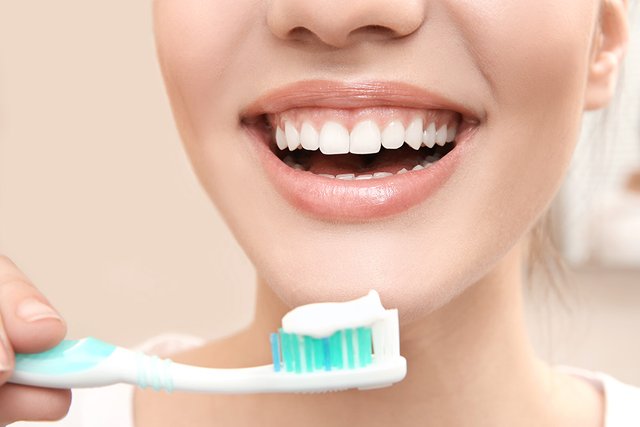Enamel Erosion Explained: 6 Reasons Your Teeth Are At Risk
Tooth enamel is the outermost and hardest layer of your teeth. It serves as a protective shield for the more sensitive parts underneath, guarding against bacteria, acid, and physical damage. While enamel is incredibly strong, it isn’t indestructible. Over time, it can wear down or erode due to various factors, leading to sensitivity, pain, and tooth damage. Read on to discover six common causes of enamel erosion and what you can do to prevent it.
1. Poor oral hygiene
Maintaining good oral hygiene is critical for protecting your enamel. Your mouth contains hundreds of types of bacteria, some of which are harmless or even helpful. However, harmful bacteria thrive on carbohydrates and sugars in your food. As they break these down, they produce acids that attack your enamel.
If you don’t brush and floss regularly, these acids combine with bacteria and saliva to form plaque, a sticky film that builds up on your teeth. Over time, plaque wears away your enamel, making your teeth more vulnerable to decay and sensitivity. Brushing your teeth at least twice a day, flossing, and visiting your dentist regularly can prevent plaque buildup and protect your enamel.
2. Dry mouth
Saliva plays a key role in maintaining oral health. It helps wash away food particles, neutralizes harmful acids, and keeps bacteria in check. If you have a dry mouth, which is often caused by medications or certain medical conditions, your saliva production decreases. Without enough saliva, acids stay in your mouth longer and cause more damage to your enamel.
To combat dry mouth, drink plenty of water throughout the day, chew sugar-free gum to stimulate saliva, and talk to your dentist about saliva substitutes or treatments if needed.
3. Sugary and acidic foods and drinks
Frequent consumption of sugary and acidic foods and drinks is one of the main causes of enamel erosion. Sugary foods feed harmful bacteria, which produce acid that damages enamel. Acidic beverages, like soda, citrus juices, and sports drinks, also directly weaken enamel.
To minimize the risk of enamel erosion:
- Avoid sipping on sodas, fruit juices, or energy drinks for extended periods.
- Rinse your mouth with water after consuming acidic or sugary foods.
- Use a straw when drinking acidic beverages to minimize contact with your teeth.
- Brush your teeth 30 minutes after eating to avoid scrubbing weakened enamel.
By limiting these foods and practicing proper oral care, you can slow down enamel erosion and protect your teeth.
4. Teeth grinding (bruxism)
Teeth grinding, also called bruxism, is another common cause of enamel erosion. This habit, which often happens unconsciously during sleep, puts excessive pressure on your teeth. Over time, the constant grinding wears down the enamel, causing sensitivity, cracks, or fractures.
If you grind your teeth, you may notice flattened teeth, jaw pain, or headaches. A custom-made night guard from your dentist can protect your enamel by reducing the impact of grinding while you sleep. Stress management techniques, like exercise or relaxation exercises, may also help reduce grinding.
5. Misaligned bite
A misaligned bite, also known as malocclusion, can cause uneven wear on your teeth. When your teeth don’t fit together properly, certain teeth may experience more pressure during chewing, leading to localized enamel erosion or damage.
Orthodontic treatments, such as braces or Invisalign aligners, can correct bite alignment and prevent further enamel erosion. If you suspect that your bite is misaligned, consult your dentist or orthodontist for an evaluation.
6. Excessive alcohol consumption
Alcohol consumption can contribute to enamel erosion in two major ways. First, many alcoholic beverages, like wine, beer, and cocktails, are acidic and can wear down enamel directly. Second, alcohol reduces saliva production, leading to dry mouth, which leaves teeth vulnerable to acid attacks and bacterial buildup.
People who drink alcohol excessively are also at a higher risk of developing plaque, cavities, and tooth loss. To protect your teeth, try to limit alcohol consumption and drink water alongside alcoholic beverages to help rinse away acids.
